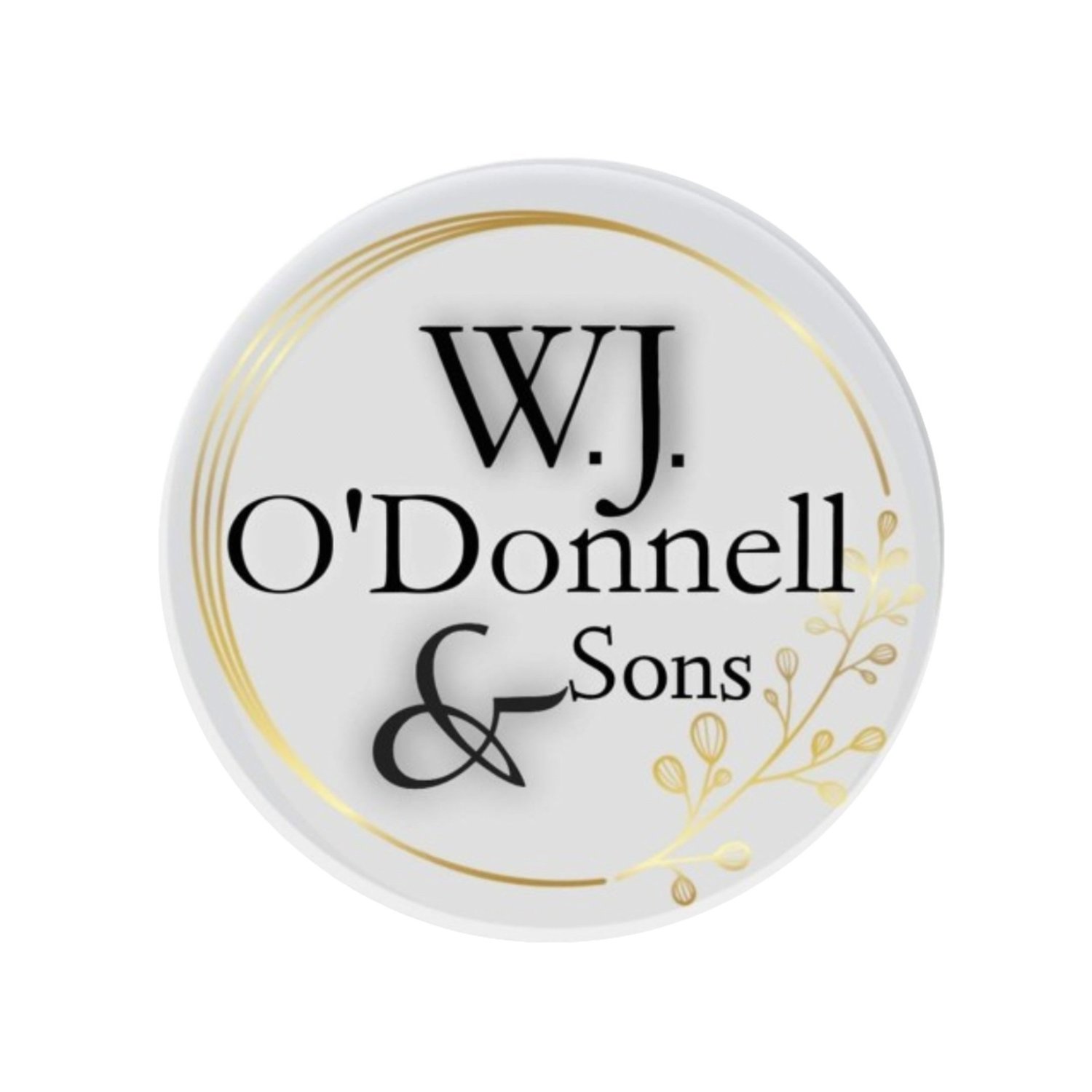Any loss can be deeply personal and it's widely understood that no two people grieve the same. We believe that there isn't any right or wrong way to grieve either, that it is simply a matter of individuality and sometimes surrounding circumstances to help the bereaved through.
Bereavement
Any loss can be deeply personal and it's widely understood that no two people grieve the same. We believe that there isn't any right or wrong way to grieve either, that it is simply a matter of individuality and sometimes surrounding circumstances to help the bereaved through. A sudden death can be as difficult as a passing that is expected due to illness. It can be a confusing time and make one consider their own passing too.
People find that time is a great healer as is talking to a friend, loved one or family member can be all they need. If a bereavement feels overwhelming and the loss is affecting your life though, we can point you in the direction of local support such as a bereavement counsellor. Counselling can be beneficial, it allows you to talk impartially with an experienced individual. Many people find this cathartic and healing as a bereavement counsellor can listen and offer practical support. Bereavement counselling is an option for anyone, of any age no matter their background or belief.
“𝐖𝐞 𝐚𝐫𝐞 𝐭𝐡𝐢𝐧𝐤𝐢𝐧𝐠 𝐨𝐟 𝐲𝐨𝐮”
Cruse Bereavement Support
𝑯𝒆𝒍𝒑𝒍𝒊𝒏𝒆: 08088081677 Or Visit: www.cruse.org.uk
Bereavement Service
Contact details for the Bereavement Service, which offers relatives a single point of contact for reporting a death to the Department for Communities and helps them access any other benefits they may be entitled to.
Freephone: 0800 085 2463
Registering a death
To bury anyone in Northern Ireland, their death must first be registered with any District Registration Office. Ideally it should be registered within five working days, to allow funeral arrangements to be made.
There is no cost for registering a death or receiving the death certificate only copies of the original death certificate are paid for.
Who can register a death?
A death in Northern Ireland can be registered by:
a relative of the deceased
a spouse
someone present at the death
the occupier of the house or an official from the public building where the death occurred, e.g. the hospital
a person taking care of the funeral arrangements
the executor of the deceased's estate
Be advised that funeral directors are not permitted to register a death but we can help and assist you at this time.
What information is needed to register a death?
You will fill out a form to register a death and provide the signed medical certificate of the cause of death from the doctor or local District Registration Office. You also need to tell the registrar:
date and place of the death
full name and surname of the deceased
their maiden surname (if married)
any previous names they went by if known
the deceased's home address
where and when they were born (the town or county is sufficient if the exact address is not known)
their marital status
their occupation
if the deceased was a child, the full names and occupation of the parents
name and address of the deceased's GP
details of any pension apart from a state pension that the deceased may have held
The registration process takes approximately 30 minutes.
Documents you will receive after registering a death
The registrar will issue the following forms:
Death certificate – this is a certified copy of the death entry in the register and proves that the death has been registered. These have to be purchased. It is important to ask for additional copies of the death certificate at this time as photocopies of the certificate are not normally accepted for legal, financial and insurance companies; photocopies are considered a breach of copyright.
Certificate for burial or cremation (GR021 form in Northern Ireland) – sometimes called a "green form". The registrar will issue a certificate for the burial or cremation of the body, which is normally passed to the funeral director by the person making the arrangements. The funeral cannot happen until this certificate is given to the burial authority or the crematorium. This will not be issued in certain circumstances when the coroner has been involved. This form is free.
Certificate for Department of Work & Pensions benefits (36/BD8 in Northern Ireland) – A certificate to send to the Department of Work & Pensions. If deceased was a pensioner, the death can be notified to the Pensions Service with a telephone call. Depending on the relationship of the person making the call it may not be necessary for the BD8 to be posted. This form is also free.
You can buy one or more death certificates at this time too. These will be needed by the executor or administrator when sorting out the deceased's estate and affairs.



